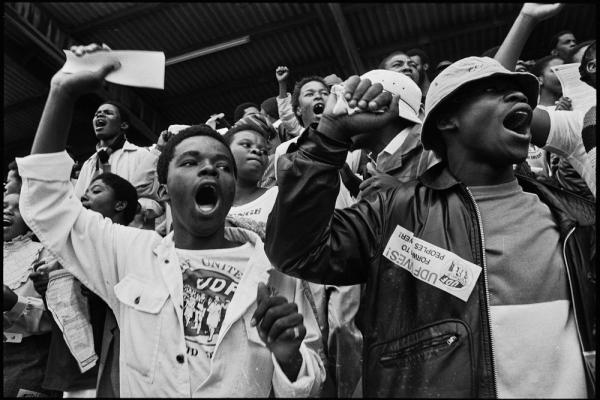I first learned about the theological concept of kairos while studying abroad in Cape Town, South Africa in 1996. South African faith leaders taught me that, as compared to chronos, or time as we know it and traditionally experience it, kairos moments are precipitated by times in which our current reality becomes so pernicious and fraudulent that God can create a moment of opportunity for propitious action and transformation.
As I think about the alarming things we’ve seen in the U.S. this year—eviscerated foreign aid, a gutted federal workforce, tax cuts for the 1% at the expense of Medicaid and food stamps, National Guard troops deployed against U.S. cities, indiscriminate immigration raids, an almost complete retreat on addressing our climate crisis, attacks on media outlets and free speech, and other tactics that mirror authoritarian regimes—I’m increasingly sensing that we are in the midst of a kairos moment. Further signs came to a head this past week with the horror of five mass shootings in one weekend, a costly government shutdown, and an alarming and bizarre summoning of 800 generals and admirals to the White House in which President Donald Trump pledged to dangerously misuse the military to come after the “enemy from within.”
Read the Full Article

